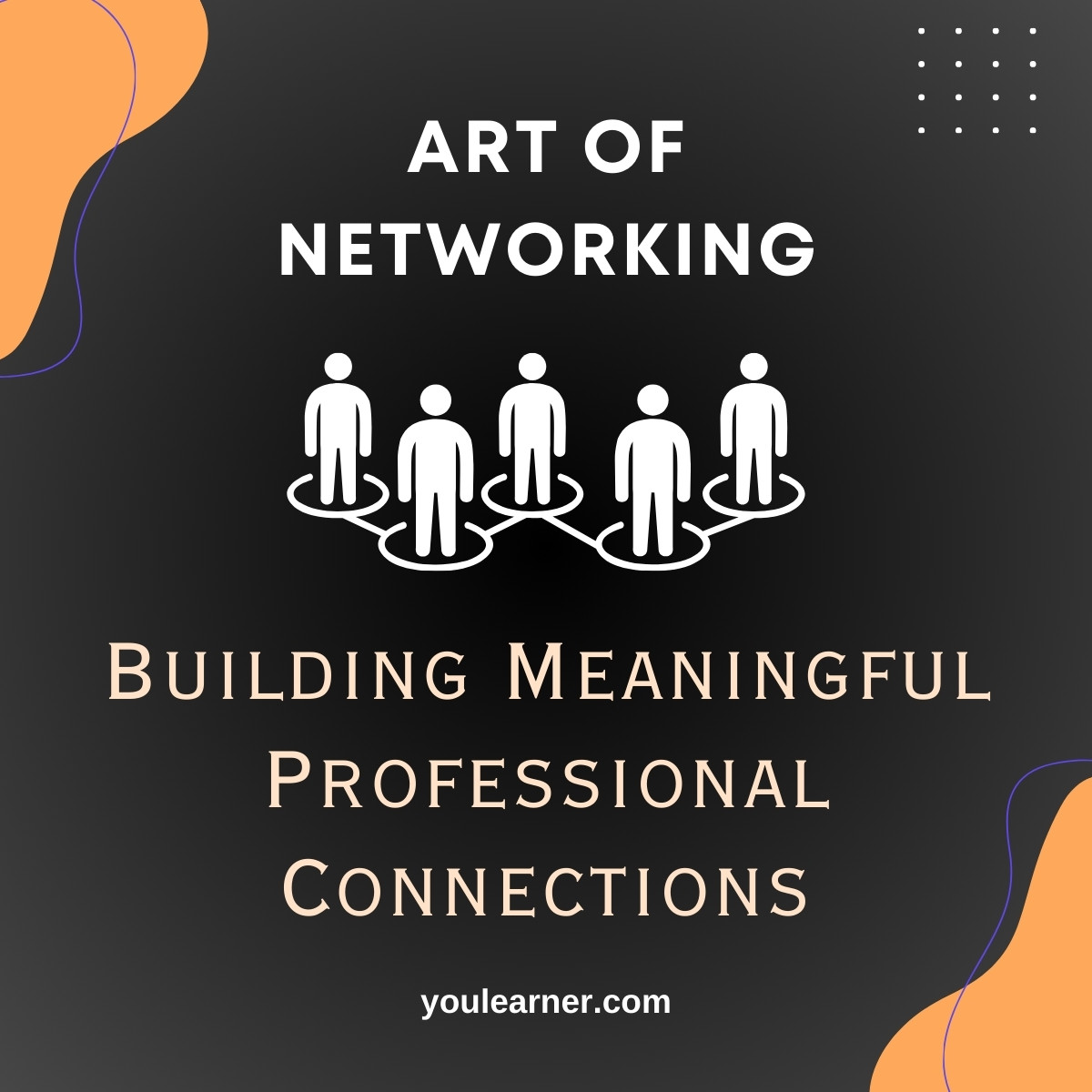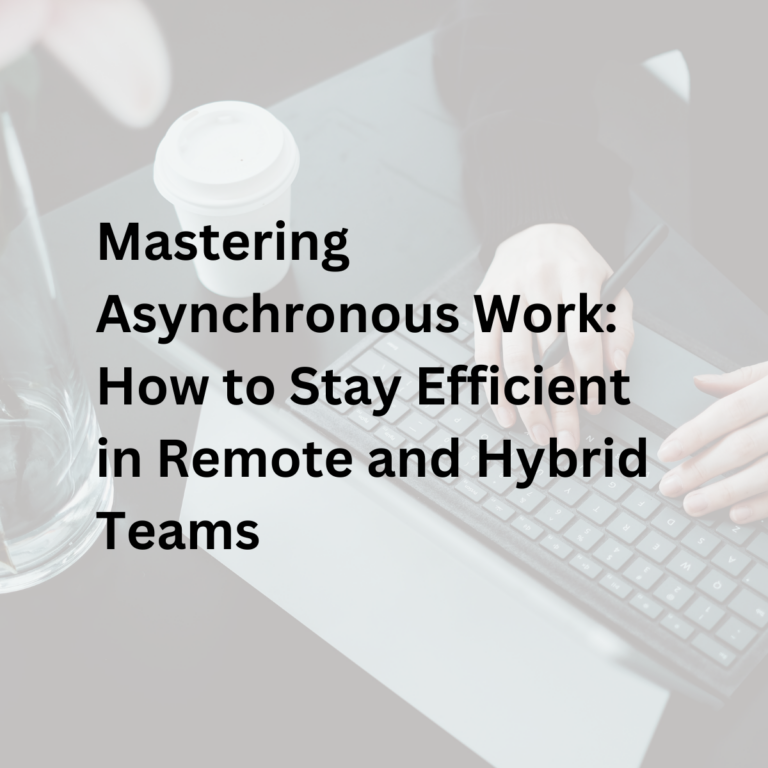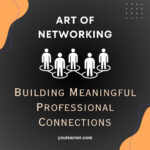The Art of Networking: Building Meaningful Professional Connections
Networking is a buzzword we often hear, but what does it really mean? At its core, networking is about building relationships—not just collecting business cards or LinkedIn connections, but creating meaningful, lasting professional bonds that can benefit both parties. In today’s world, whether you’re climbing the career ladder or growing a business, effective networking is a must-have skill.
Let’s explore strategies to help you network like a pro, both online and offline, to open doors to opportunities and foster valuable connections.
Why Networking Matters
Networking goes beyond landing your next job or sealing a business deal. It’s about sharing knowledge, gaining insights, and building a community of like-minded individuals who can support each other. A strong network can:
- Provide mentorship and guidance.
- Open doors to new opportunities.
- Offer fresh perspectives and ideas.
- Build credibility and trust in your field.
But here’s the catch: networking only works when it’s genuine. People can sense when you’re only out for personal gain, so focus on creating authentic connections.
Offline Networking: Old-School, but Gold
In-person networking might feel intimidating, but face-to-face interactions remain one of the most effective ways to build trust and rapport. Here are some strategies to excel in offline networking:
1. Attend Events in Your Field
Conferences, workshops, and industry meetups are goldmines for networking. Be proactive—introduce yourself, ask questions, and engage in conversations. The goal is to connect, not to impress. A genuine interest in others will set you apart.
2. Leverage Your Existing Network
Your current friends, colleagues, and mentors can introduce you to others. Don’t hesitate to let them know you’re looking to expand your professional circle. A warm introduction is often more impactful than a cold approach.
3. Master the Art of Small Talk
Small talk can feel awkward, but it’s the gateway to deeper conversations. Start with simple topics like the event itself, shared interests, or the latest industry news. Listening actively is just as important as speaking.
4. Follow Up
Met someone interesting? Don’t let that connection fade. Send a quick email or message, referencing your conversation and expressing interest in staying in touch. It’s a small gesture that leaves a lasting impression.
Online Networking: The Modern Frontier
In the digital age, online networking is just as crucial. Platforms like LinkedIn, Twitter, and industry-specific forums allow you to connect with professionals across the globe. Here’s how to do it effectively:
1. Optimize Your Online Profiles
Your online presence is often the first impression you make. Ensure your LinkedIn profile is polished with a professional photo, a compelling headline, and detailed descriptions of your experiences and skills. The same goes for other platforms relevant to your industry.
2. Engage Thoughtfully
Networking online isn’t just about sending connection requests. Share valuable content, comment on others’ posts, and join conversations in groups or threads. Thoughtful engagement demonstrates your expertise and interest in the field.
3. Send Personalized Messages
Avoid generic connection requests. Instead, include a note explaining why you’d like to connect and what you admire about their work. Personal touches go a long way in making your message stand out.
4. Participate in Webinars and Online Events
Virtual events often include networking opportunities, such as breakout rooms or live chats. Be active during these sessions—introduce yourself, ask questions, and follow up with participants afterward.
Dos and Don’ts of Networking
Do:
- Be genuine and authentic.
- Focus on building mutually beneficial relationships.
- Be prepared with a quick introduction about yourself (your “elevator pitch”).
- Show appreciation when someone helps you.
Don’t:
- Treat networking as purely transactional.
- Be overly aggressive or pushy.
- Forget to follow up or nurture the connection.
- Overlook opportunities to help others.
Turning Connections into Relationships
Networking doesn’t end with exchanging contact information. To truly build a meaningful connection, nurture it over time. Check in periodically, share resources or opportunities, and offer help whenever you can. Relationships thrive on reciprocity and trust.
Final Thoughts
The art of networking is about quality over quantity. A few strong, meaningful connections are far more valuable than a large, superficial network. Whether online or offline, approach networking with authenticity, curiosity, and a willingness to give as much as you receive.







